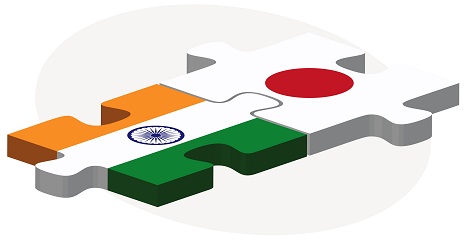India and Japan have inked a protocol for amending the existing convention for double taxation avoidance that provides for effective exchange of information in tax matters including bank accounts.
- The existing convention on DTAA was signed by both nations in 1989.
- The protocol was signed by Revenue Secretary Hasmukh Adhia and Ambassador of Japan Kenji Hiramatsu.
 Highlights of agreement
Highlights of agreement
- It provides internationally accepted standards for effective exchange of information on tax matters including bank information and information without domestic tax interest
- The information received from Japan in respect of a resident of India can be shared with other law enforcement agencies with authorisation of the competent authority of Japan and vice versa.
- The amendment will allow India and Japan to assist each other in collection of revenue claims.
- It also provides for exemption of interest income from taxation in the source country with respect to debt-claims insured by the government or government-owned financial institutions.
What is double taxation?
Double taxation means income taxes that are paid twice on the same declared income, asset or financial transaction as corporations are considered separate legal entities from their shareholders.
- This double liability is often remitted by tax treaties between countries.
Keys
Japan Capital – Tokyo
Japan Currency – Japanese yen
Japan PM – Shinzo Abe
AffairsCloud Recommends Oliveboard Mock Test
AffairsCloud Ebook - Support Us to Grow
Govt Jobs by Category
Bank Jobs Notification




